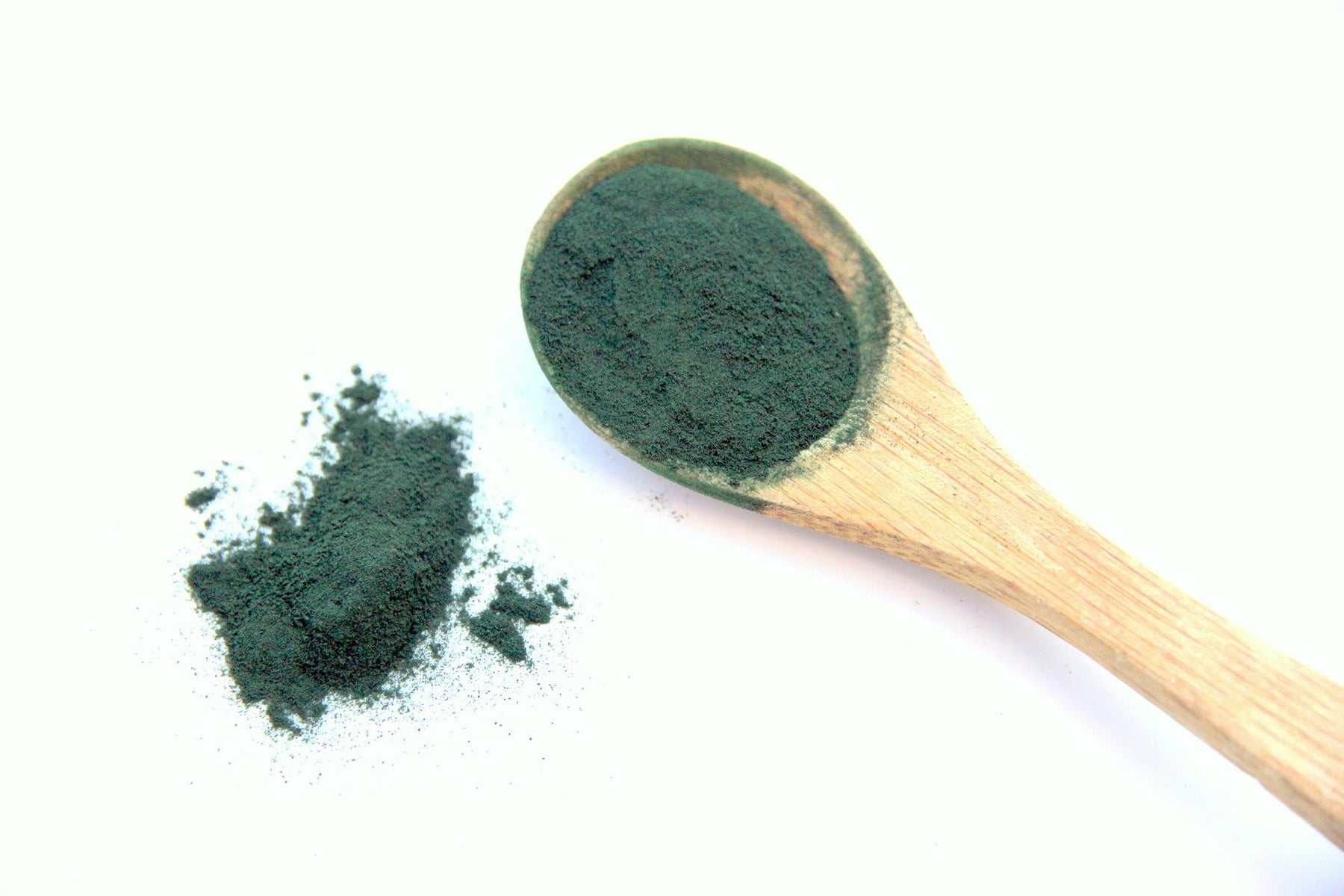
Spirulina Supplements
Spirulina, more properly known as Arthrospira platensis or Arthrospira maxima, is a cyanobacteria. Cyanobacteria are photosynthetic bacteria, meaning they derive their energy from the sun. These bacteria are sometimes referred to collectively as “blue-green algae.” Spirulina mostly appears in Africa, Asia, and South America. This algae was evidently harvested from Lake Texcoco (located in present-day Mexico) and used by the Aztecs as a legitimate food source, often in the form of cakes. They called it “tecuitlatl,” which, roughly translated, means “stone’s excrement.” Aesthetically, natural spirulina is not appetizing. But don’t judge an algae by its color; spirulina is packed with useful nutrients.
About 60% of spirulina is composed of amino acids, the essential building blocks of protein. It contains all the essential amino acids, which our bodies cannot produce. It provides more protein than many legumes, which are known for being protein-rich. Spirulina is rich in good fatty acids like gamma-linolenic acid (GLA), eicosapentaenoic acid (EPA), and arachidonic acid (AA). Spirulina also contains 5 of the B vitamins, which are vital to energy conversion in the body. Also included are the versatile vitamins C, A, and E. Spirulina also features many trace minerals like calcium, copper, iron, and magnesium. Overall, spirulina is loaded with beneficial vitamins and nutrients. Spirulina supplements attempt to harness the sheer power of this algae.
Studies done on the toxicity of spirulina in humans and animals have also been encouraging. Certain studies have fed very high quantities of spirulina to the test subjects (800mg/kg in one study) with no apparent toxic effects. In another study, spirulina was fed to hundreds of malnourished children with no adverse effects. More studies need to be conducted to ascertain the exact health benefits of spirulina supplements, but its future looks bright.


Leave a comment